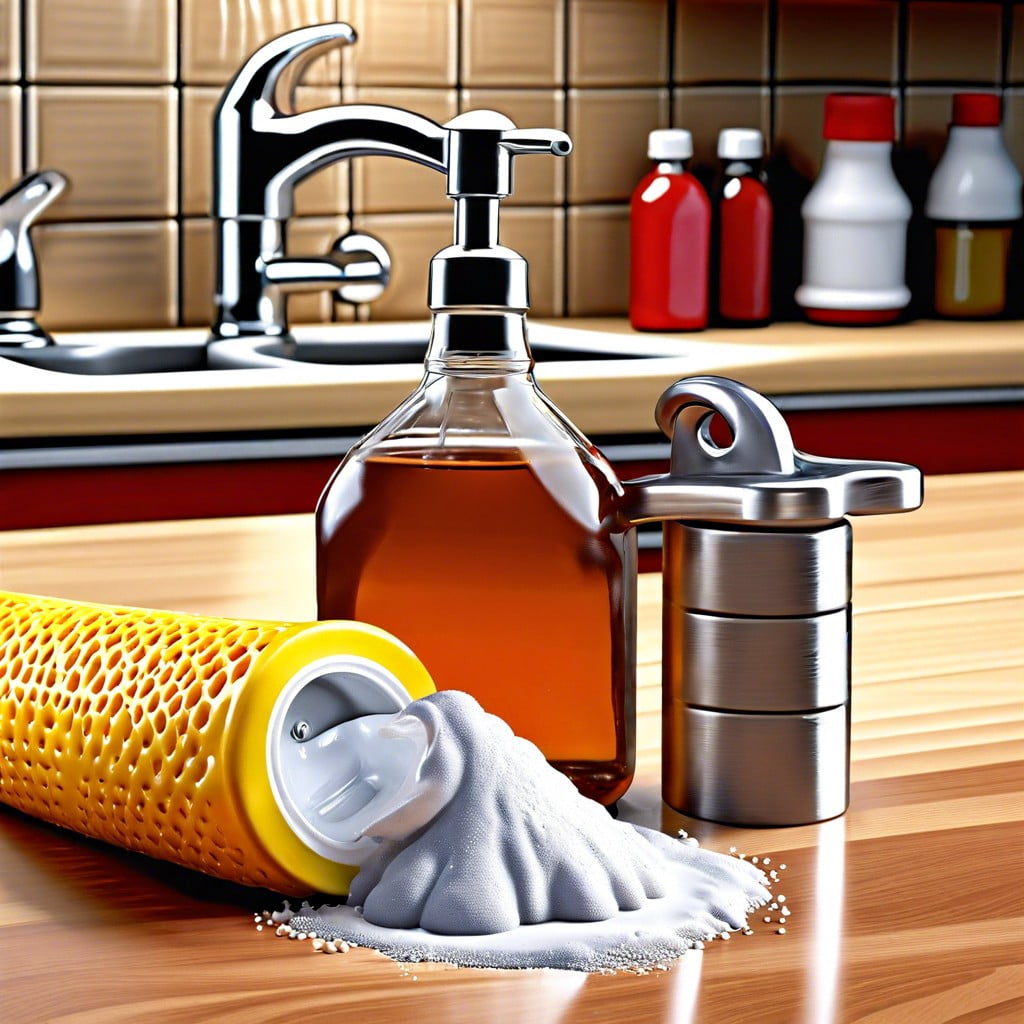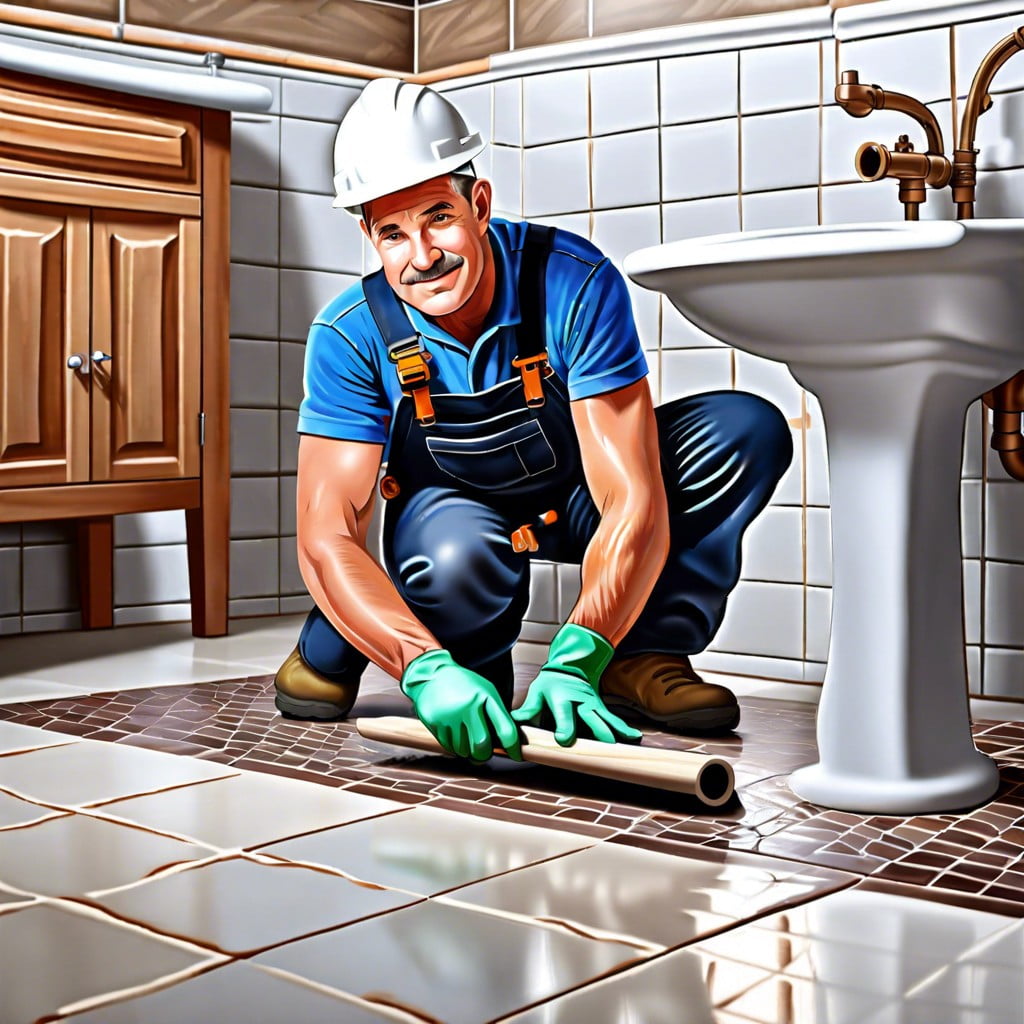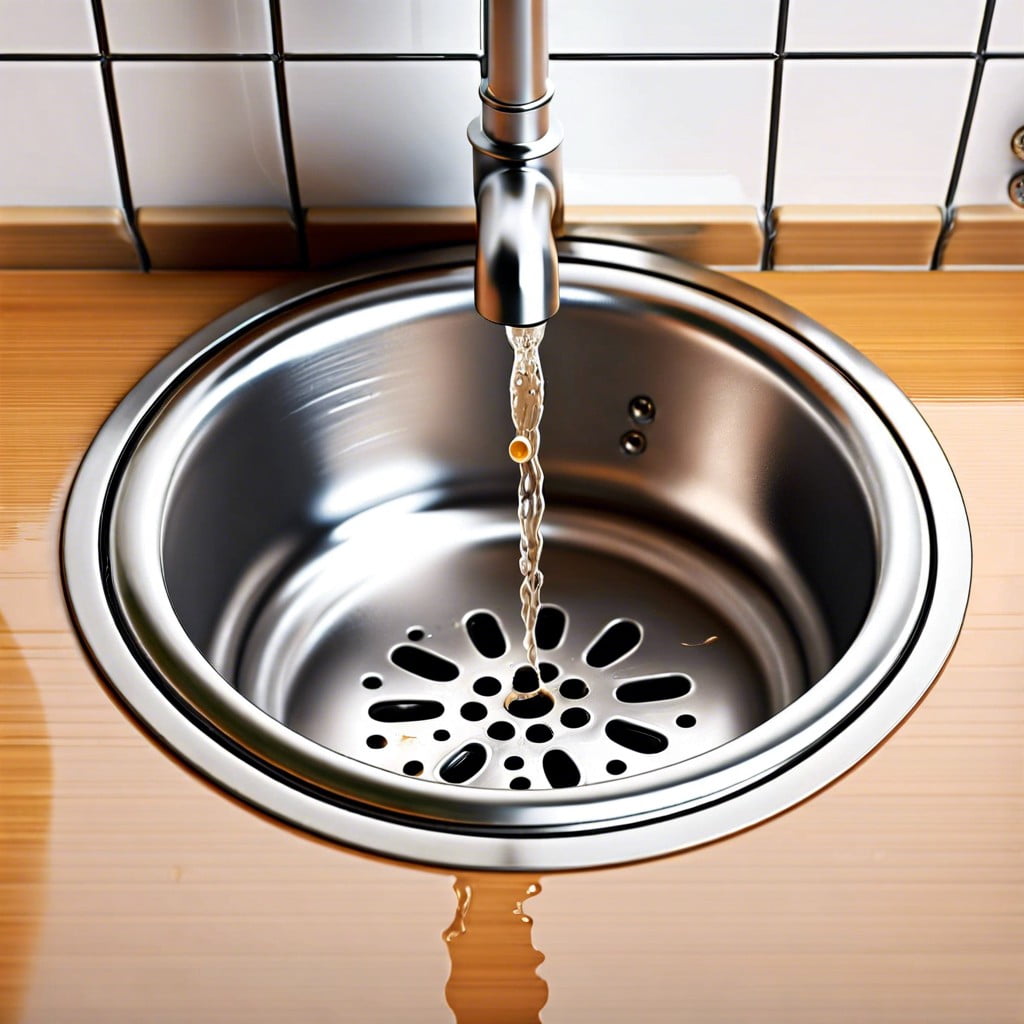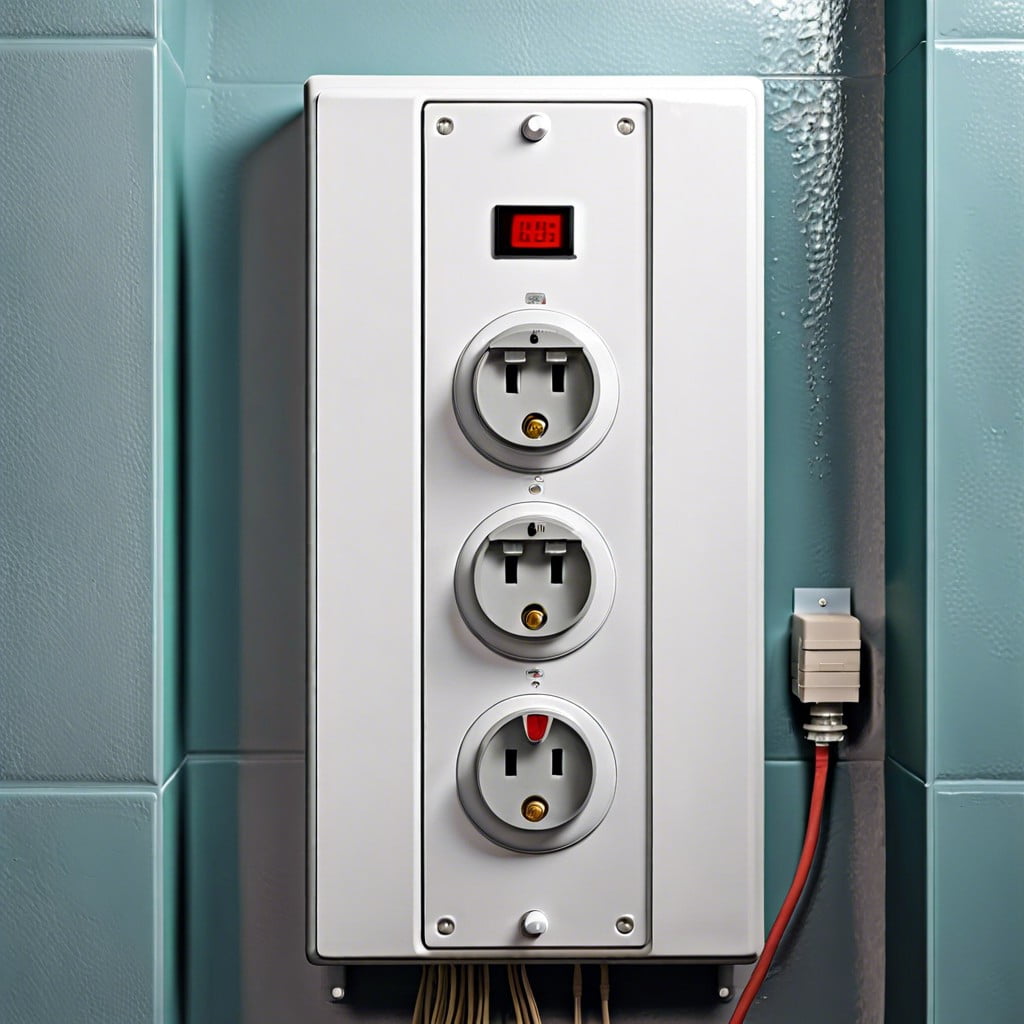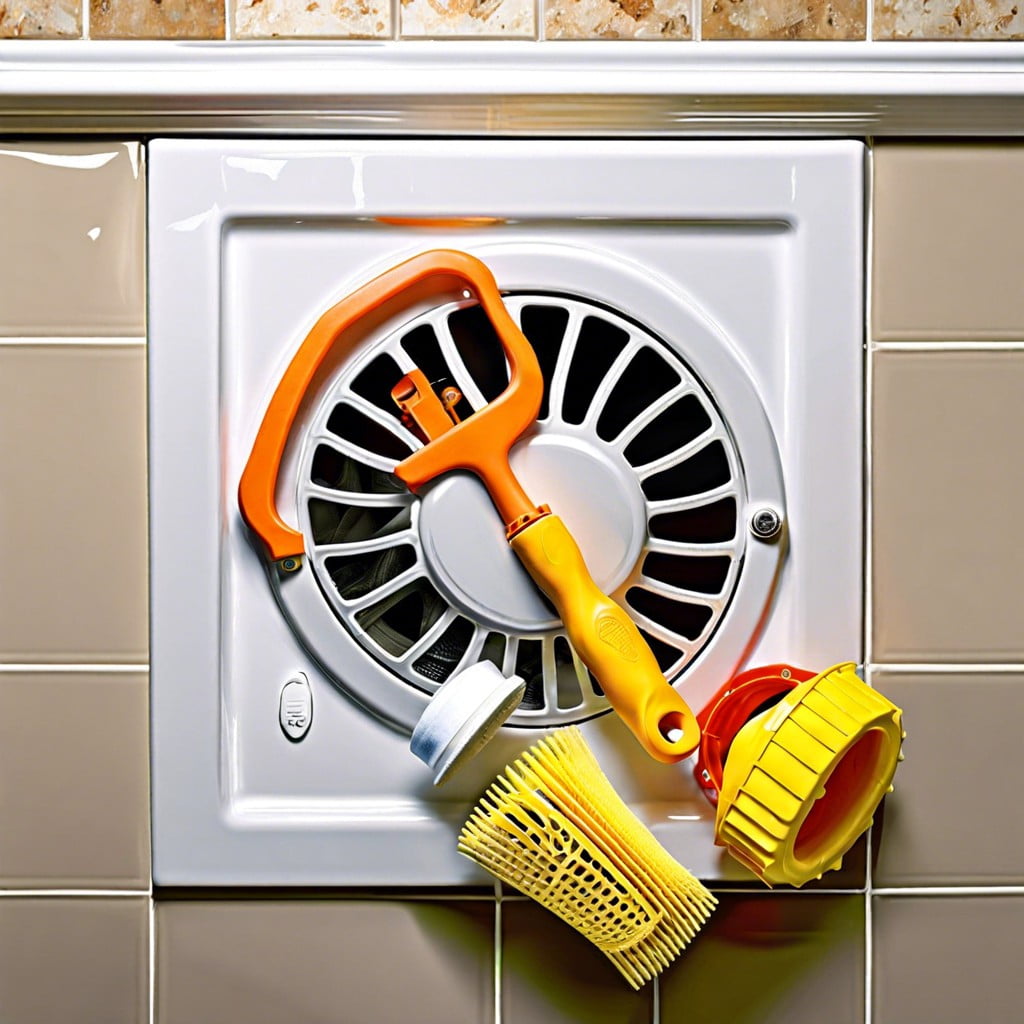Last updated on
Navigate the world of common household pests as we bring you an in-depth guide on effective methods for eliminating ants from your bathroom.
Key takeaways:
- Ants are attracted to moisture, leaks, and sweet-smelling toiletries.
- Eliminate standing water, clean surfaces, and store items properly.
- Seal cracks, use natural repellents, and consider bait stations.
- Prevent future infestations by maintaining a moisture-free environment.
- Call a professional if DIY efforts fail or infestation persists.
Understanding Why There Are Ants in Your Bathroom
Ants don’t wander into your bathroom by chance; moisture is a magnet for these tiny insects. Commonly, they’re in search of water, especially in dry climates or seasons.
Leaky pipes and faucets provide the perfect drinking fountain for them. Another draw can be sweet-smelling toiletries or residue from spills, which offer a sugary feast.
Additionally, the secluded nooks of a bathroom are ideal for the shelter-seeking behaviour of ants aiming to establish a new colony.
Understanding these points helps in targeting the root cause of the infestation, rather than just the symptoms.
Reasons Ants Are Attracted to Bathrooms
Ants are not random invaders in your bathroom; several specific attractions bring these tiny explorers indoors. The quest for moisture is a primary draw, especially during dry conditions outside. Bathrooms, with their leaks and condensation, can be an oasis for thirsty ants.
Also, bathrooms present a rich scavenging site for sweet-smelling grooming products, discarded skin cells, and hair that may contain nutritional value for these insects. Let’s not forget the occasional food particle or sugary residue brought in on our hands and feet. Traces of toothpaste and soap, which can seem insignificant to us, are a veritable feast for an ant’s sensitive chemoreceptors.
Lastly, even cleaning products that have a sugary or citrus scent can attract them. With the plumbing infrastructure serving as a convenient highway system, it’s clear why ants might deem our bathrooms as prime real estate.
How to Get Rid of Ants in a Bathroom
Eliminate standing water, as moisture is a magnet for these critters. Check for leaks and keep sinks and tubs dry.
Cleanliness is a deterrent. Wipe surfaces, sweep floors, and use a disinfectant regularly to destroy scent trails.
Store personal care items, such as lotions and soaps, in sealed containers; their scents can attract ants.
Seal cracks and crevices with caulking, a prime entry point for an ant brigade marching into your space.
Natural repellant like vinegar, peppermint oil, or lemon can be effective. Wipe down surfaces with a mixture to discourage them.
If these invaders are persistent, bait stations strategically placed can tackle the problem at its source, but be patient, as it can take time for the bait to reach the colony.
Remember, the key is not just to eliminate, but to also deter. Persistently addressing the underlying attraction will make your bathroom a no-go zone for ants.
Preventing Future Ant Infestations in Bathrooms
Maintaining a moisture-free environment is crucial. Ants seek out dampness, so fix any leaks and ensure proper ventilation. Regularly check under sinks and around toilets and tubs for any signs of excess water.
Be diligent with cleaning routines. Wipe down surfaces to remove soap scum and water rings that might allure ants. Sweeping away hair and debris also removes potential ant food sources.
Store bathroom essentials properly. Keep items like lotions, shampoo, and especially sweet-smelling soaps in closed cabinets or sealed containers to deter ant scouts on the hunt for resources.
Use natural deterrents. Ants detest certain scents, such as peppermint, vinegar, or lemon. Occasionally wipe down surfaces with a mixture of water and a few drops of essential oils or diluted vinegar to keep ants at bay.
Seal entry points. Inspect your bathroom for tiny cracks or crevices. A line of caulking or clear silicone can fill these gaps, effectively blocking an ant’s path into your sanctuary.
Regular pest control measures. Consider natural repellents or bait traps strategically placed in areas where ants are most likely to enter, deterring them without the use of harsh chemicals.
When to Call the Pros
Frequent sightings of ant trails, despite thorough cleaning and DIY efforts, suggest a larger underlying issue. It’s crucial to recognize when household remedies fall short and professional expertise is necessary.
Enlisting an exterminator is advised when nests are discovered inside walls, under floors, or if ants are seen in large numbers. Persistent infestations require a pro’s intervention for identification of the exact species — crucial information, as treatment varies significantly across different types of ants.
Moreover, consistent reappearances after employing common tactics indicate a potential large-scale problem, a professional can ensure total eradication and provide tailored prevention strategies. Remember, the existence of carpenter ants, which can cause structural damage, warrants immediate expert attention to avert substantial harm to your home.
FAQ
Why do I suddenly have ants in my bathroom?
Ants are likely invading your bathroom due to the presence of water and potential food sources such as crumbs or spills.
What can I pour down my drain to kill ants?
To effectively eliminate ants in your drains, sprinkle some baking soda followed by vinegar, wait until the fizzing stops, then flush with boiling water.
Why are tiny ants coming up my shower drain?
Tiny ants are invading your shower drain due to the attraction of residues and possibly a conducive environment they find in the piping system.
Why do ants suddenly appear?
Ants suddenly appear due to easy access points on your property and the availability of food resources.
What are the most effective natural remedies to deter ants from a bathroom?
The most effective natural remedies to deter ants from a bathroom include utilizing essential oils like peppermint or tea tree, employing diatomaceous earth or borax, and maintaining a clean, water-free environment.
How does the bathroom environment contribute to ant infestation?
The bathroom environment, primarily due to its constant dampness and potential food sources, can significantly contribute to ants’ infestation by providing the creatures with ideal conditions to nest and thrive.
What common mistakes should be avoided while dealing with ants in the bathroom?
Common mistakes to avoid while dealing with ants in the bathroom include overlooking the importance of sealing entry points, utilizing a single type of ant bait, and neglecting to consult a professional exterminator when problems persist.
Recap
